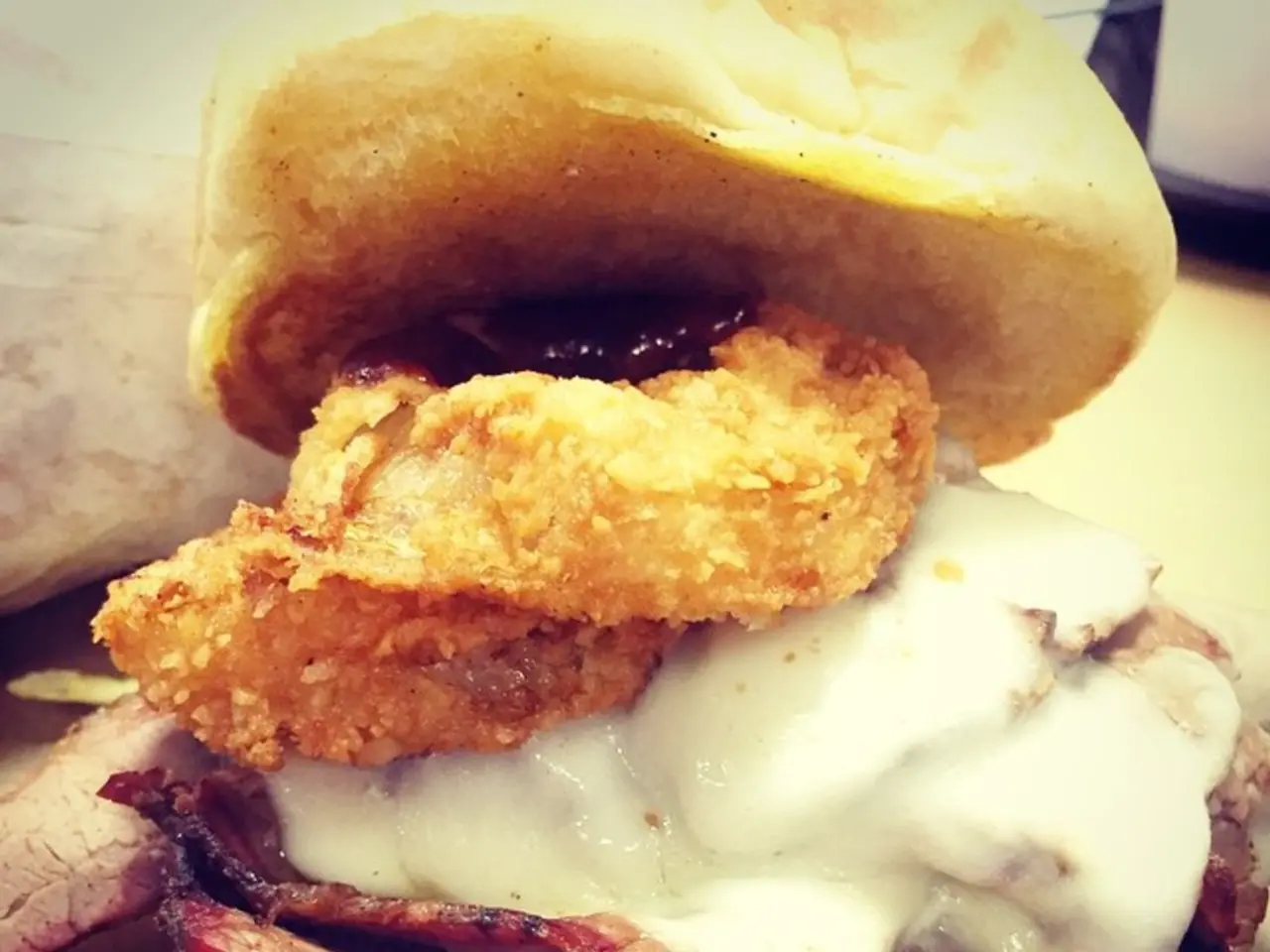Dietary Guidance for Pancreatic Cancer Patients
Pancreatic cancer patients require a specialized diet to preserve strength, support treatment, and improve quality of life. Here's a comprehensive guide to help navigate the dietary challenges that come with this disease.
Firstly, it's advisable to move towards small, balanced meals that boost enzymes after surgery. These meals should be easy to digest and nutrient-dense, emphasizing soft-cooked vegetables, lean proteins, and low-fiber grains. Healthy fats from sources like olive oil, avocado, and fatty fish are also important for maintaining weight and supporting nutrient absorption.
Maintaining calorie and protein intake is crucial during chemotherapy, even when appetite frequently wanes. Patients should focus on colorful fruits and vegetables rich in vitamins, minerals, and antioxidants to boost immunity and aid healing. Foods with high water content and clear fluids help with hydration and digestive comfort.
In light of the pancreas's essential role in digestion, pancreatic enzyme replacement therapy (PERT) is necessary for many patients to adequately digest fat, protein, and carbohydrates. Supplements like Creon, Zenpep, or Pancreaze are part of PERT.
Patients should avoid high-fat fried foods, gas-forming foods, sugary or refined foods, alcohol, and caffeine in excess as they can worsen symptoms. It's also essential to tailor dietary choices individually based on tolerance since some patients may react differently to certain foods.
Consulting with healthcare providers or registered dietitians is crucial for personalized nutrition plans that address symptoms like weight loss, poor appetite, and digestive issues while maximizing quality of life throughout pancreatic cancer treatment.
Dietitians play a role in pancreatic cancer care, including customized meal planning, nutritional assessments, changing vitamins or enzyme therapy, preventing or treating cachexia (severe muscular loss), and handling treatment side effects related to diet.
To ease digestion, patients should consider eating small meals every 2-3 hours and reducing fiber temporarily in meals. Experimenting with temperature and texture can help find a preferred eating style. When possible, planning meals and freezing them for later during chemotherapy can be beneficial.
In cases of acute pancreatic symptoms, it's advisable to start with clear liquids after surgery, followed by soft, low-fat foods. High-protein, high-calorie options such as eggs, chicken, fish, tofu, Greek yogurt, cottage cheese, nut butters, protein shakes, full-fat dairy, avocados, olive oil, and coconut oil are recommended.
Lastly, it's important to remember that the quality of life can be significantly improved by making minor adjustments to routine and diet. Simple steps like marinating meats in citrus or herbs to improve taste, using liquid nutrition supplements to boost calorie intake, and taking prescribed anti-diarrhea medication can make a big difference.
Inadequate nutritional care in pancreatic cancer patients increases the risk of weariness, impaired immunity, poor wound healing, and worse survival rates. By following this guide and working closely with healthcare professionals, patients can better manage their dietary needs and focus on recovery.
[1] National Cancer Institute [2] American Cancer Society [3] Pancreatic Cancer Action Network [4] American Pancreatic Association [5] Pancreatic Cancer UK
- The specialized diet for pancreatic cancer patients aims to preserve strength, support treatment, and enhance quality of life.
- Small, balanced meals high in nutrients and easy to digest are recommended after surgery, with a focus on soft-cooked vegetables, lean proteins, low-fiber grains, and healthy fats.
- Maintaining calorie and protein intake is vital during chemotherapy, particularly for patients experiencing a decrease in appetite, so they should focus on colorful fruits, vegetables, and high-water content foods.
- Pancreatic enzyme replacement therapy (PERT) is necessary for many patients to aid in the digestion of fat, protein, and carbohydrates, and supplements like Creon, Zenpep, or Pancreaze are part of PERT.
- Avoiding high-fat, fried foods, gas-forming foods, sugary or refined foods, alcohol, and caffeine in excess can help manage symptoms and improve quality of life.
- Consulting healthcare providers or registered dietitians is essential for personalized nutrition plans, dealing with symptoms like weight loss, poor appetite, and digestive issues, and addressing treatment side effects related to diet.
The above guide highlights the importance of proper nutrition in pancreatic cancer care. Various organizations like the National Cancer Institute, American Cancer Society, Pancreatic Cancer Action Network, American Pancreatic Association, Pancreatic Cancer UK can provide more resources and guidance on this topic.




